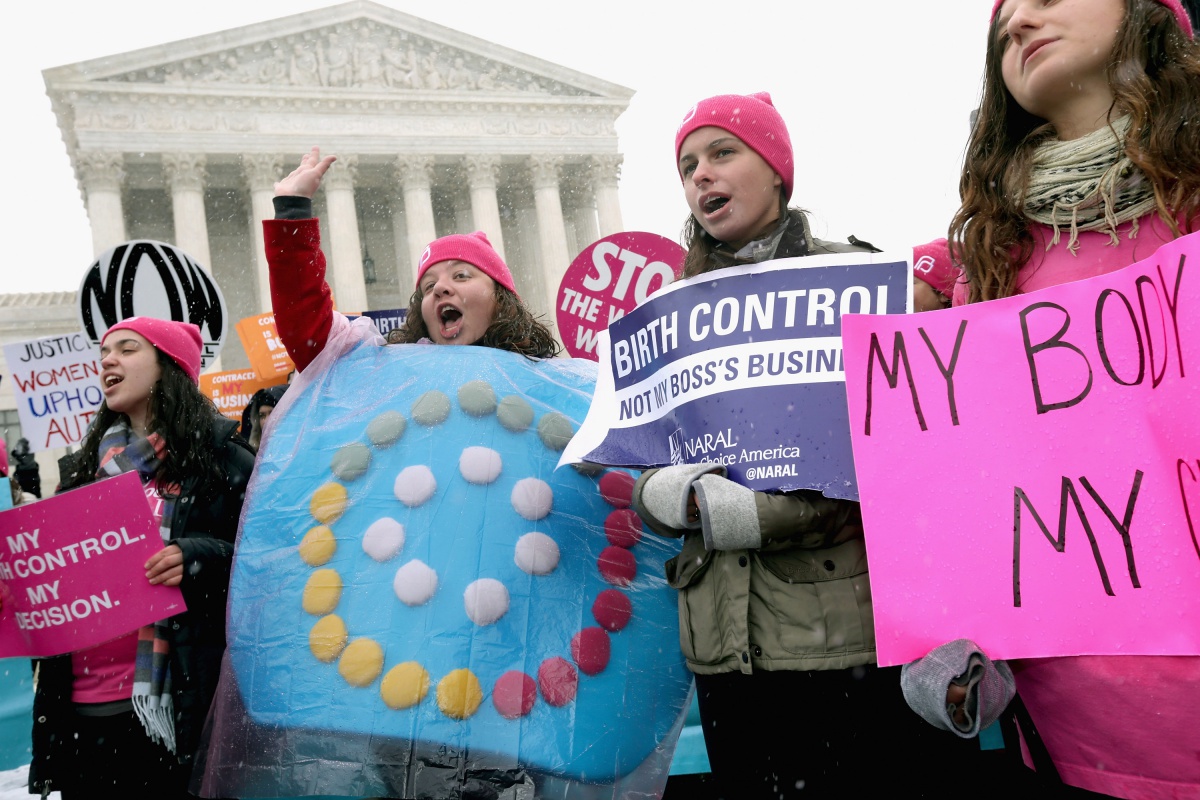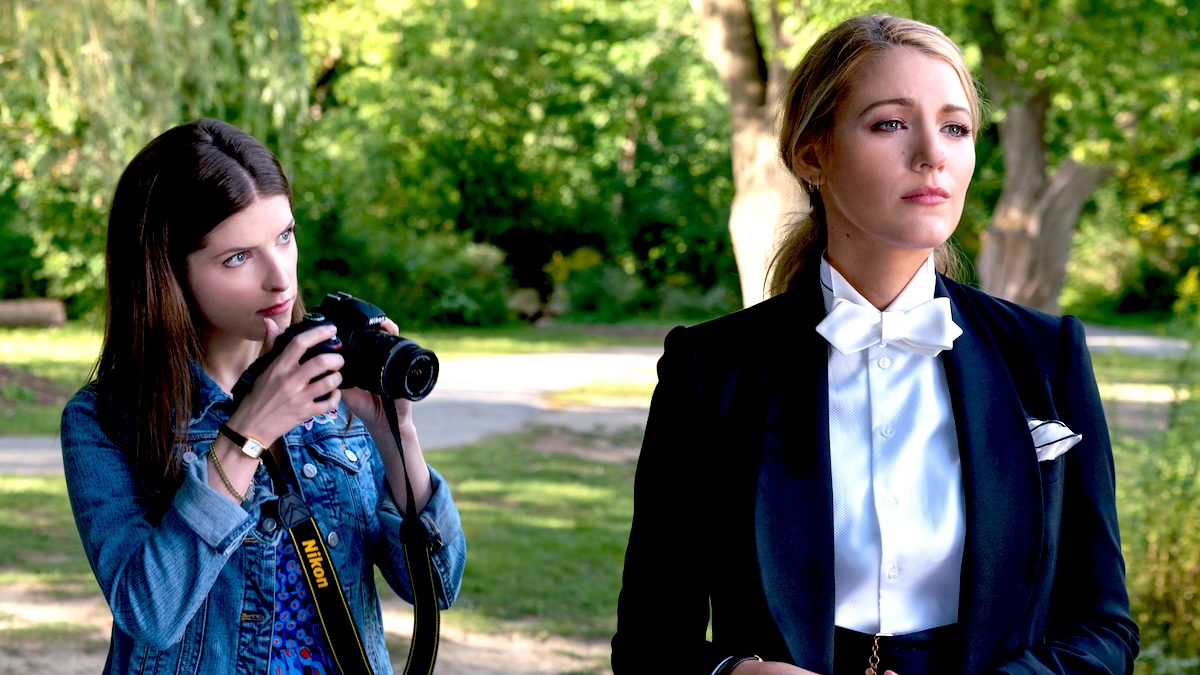We reported last October about the Supreme Court agreeing to hear the case June Medical Services v. Gee. The case will decide the constitutionality of a Louisiana law requiring abortion providers to have admitting privileges at local hospitals. It’s a so-called TRAP law – a Targeted Restriction on Abortion Providers meant to make abortions harder to obtain, but conservative anti-abortion advocates are using the case to call on the Supreme Court to fully overturn Roe v. Wade and accompanying cases.
“Pro-life” group Americans United for Life have filed an amicus (or friend of the court) brief with the Supreme Court laying out why they feel that the justices should not only uphold the Louisiana law, but use this case as an opportunity to overturn Roe, and subsequent cases such as Planned Parenthood v. Casey. Amicus briefs are not filed by the parties but by anyone with something to say about a case, but can be important and persuasive. This one is especially notable because it has been signed by 39 members of the senate and 168 members of the House of Representatives, including some democrats.
There are several arguments in the brief that support upholding the law – one of which is that the plaintiffs, June Medical Services, lack standing to even bring this case, but I don’t think that will fly. The far more dangerous argument is that the Supreme Court should undo the holding of Roe v. Wade that there is a constitutional right to abortion.
The argument is that the law on abortion has always been unclear, hard to apply and has consistently been weakened and strained, especially in recent years. The brief cites multiple instances where the court has overruled itself or backtracked. “Roe’s jurisprudence has been characterized by Delphic confusion and protean change,” the brief reads. This dangerous for Roe because it is technically true.
Roe was decided based on some shaky legal premises: the idea that there existed in the “penumbras” of the bill of rights the idea of a right to privacy and that extended to a right to abortion. Since then the court has held that state restrictions, like TRAP laws, need to be reasonably related to a legitimate state interest. No one can quite agree on what that means, thus the years of litigation and the slow erosion of abortion rights.
Will the court actually go so far in June that they overturn Roe completely and send the abortion issue back to the states? It’s hard to say. The issue of Roe’s overall validity is not specifically before the court, but they could get to it and the fact that so many members of congress are supporting this brief may be reason to do so.
It’s notable the senators that didn’t sign on to the brief: Susan Collins of Maine, Lisa Murkowski and Dan Sullivan of Alaska, Marth McSally of Arizona, Shelly Moor Capito of West Virginia, Cory Gardner of Colorado, Lamar Alexander of Tennessee, Josh Hawley of Missouri, David Perdue of Georgia, Rick Scott of Florida and Richard Shelby of Alabama, as well as our good friend Lindsay Graham and Mitch McConnell.
Many of these senators, including Collins, are up for tough reelections and might not want a direct challenge to Roe on their records, but if the case goes down, these lawmakers that supported Brett Kavanaugh’s confirmation to the Court will be just as culpable, if not more so.
Oral arguments for this case are set for March 4 in what is sure to be a contentious and tense session. That date means a ruling would be due in the middle of the summer right as we head into the thick of the 2020 presidential election, and it could conceivably make abortion a major issue for many races.
(via: Steven Dennis/Twitter. image: Chip Somodevilla/Getty Images)
Want more stories like this? Become a subscriber and support the site!
—The Mary Sue has a strict comment policy that forbids, but is not limited to, personal insults toward anyone, hate speech, and trolling.—










Published: Jan 2, 2020 04:45 pm